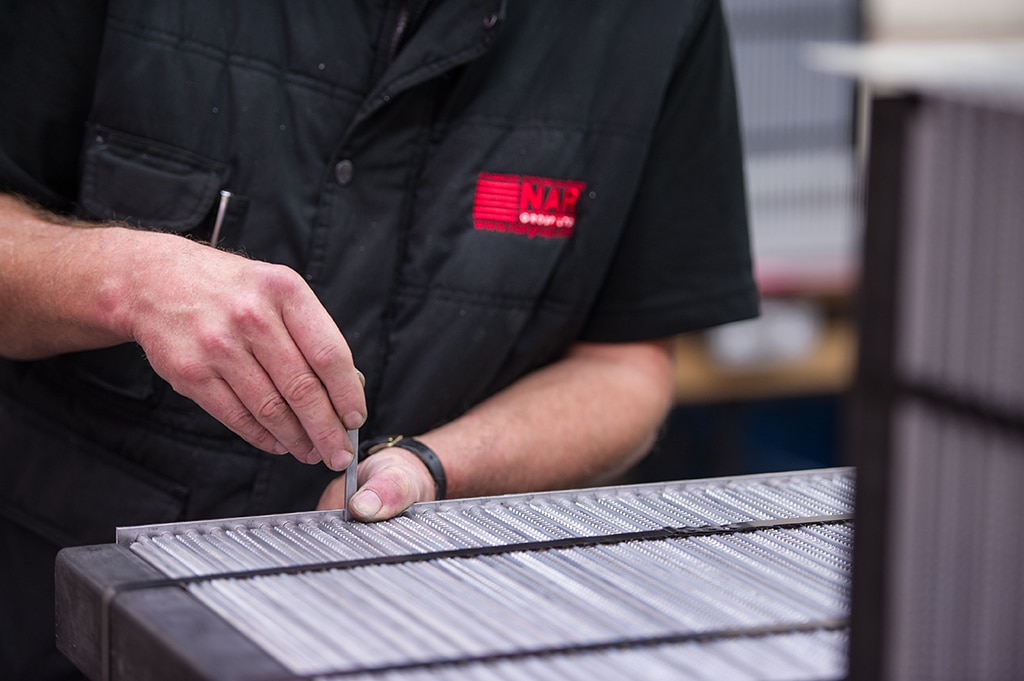Your car is likely your second largest asset after your house or property, and like any large investment, it becomes important that we properly manage and maintain it to avoid the cost of replacing or fixing it.
So we (should) take our cars for their yearly service, but as long as it has passed an MOT and is taxed it is still legal to drive, and so most of us would rather hold off on spending that little extra on our
car’s being serviced. And yet, without that service, and behind those advisories from the MOT, small damages and lack of maintenance can add up to a staggering repair bill.
According to CheckaTrade which collates prices from all across the country, the average cost of a yearly service is anywhere from £110 for an interim service up to £310 for a large family car.
On top of insurance, tax, MOT and the cost of fuel, that extra £300 can seem like another massive yearly cost. But what happens when things go wrong?
Catalytic Converter
You may not have heard of the catalytic converter, or you may not know what it means, but you may be vaguely aware of just how expensive they are.
A catalytic converter is a part of your exhaust system. When exhaust fumes pass through the catalytic converter they meet lots of different precious metals, platinum and iridium among them, these act as catalysts (accelerators for chemical reactions) that help to quickly capture and convert the toxic chemical in exhaust fumes and turn them into water vapour or catch and hold them inside the converter. All cars must have them to uphold environmental safety standards, as without them a much greater percentage of pollution in the atmosphere would come from our cars.
The expense comes from the precious metals used in the catalytic process, expensive enough that they have been known to be targeted by thieves to sell for a quick profit.
If you notice that your exhaust fumes are thicker and darker than usual, your engine performance is sluggish, your acceleration is compromised and there is the smell of sulphur (like rotten eggs) coming from your car, it may be time to check on your catalytic converter.
Cost: Be prepared though, such a repair could cost you upwards of £2000, especially as most issues with the converter require a replacement rather than a repair.
Maintenance: To avoid such a hefty repair bill, servicing your car yearly or paying for an exhaust cleaning service will come in at a fraction of the cost. The alternative is to ensure you take long drives on the open road so that you can open the car up and allow a constant flow of air through the exhaust to clear any contaminants or blockages.
Clutch
Clutches are used in both manual and automatic cars, but in automatics, you never see or touch them as the car does the hard work for you.
In a manual, however, the clutch is being used every time you set off, slow down, pull up to lights, set off from lights, want to go faster or want to go slower. The clutch is a plate which transmits power from the engine into the gearbox, which depending on the gear selected, transfers that power into the road.
When you press your clutch pedal down you are removing the clutch plate from the transmission, allowing the gears to be swapped before engaging again. If you are rough with the clutch, too quick, select the wrong gear or are generally careless, when the clutch pedal is released two high-velocity metal plates come crashing into each other, this can cause all kinds of untold damage.
So if your clutch pedal feels spongy, sticks when pressed or vibrates when not being used, there may be something wrong with your clutch. The two main issues are slippage and sticking.
When a clutch slips, the plates move at two different speeds, meaning the engine power is struggling to transfer itself efficiently to the gearbox and the wheels.
When a clutch sticks, it is having trouble disengaging to change gears and you will hear an accompanying grinding noise when trying to change gears.
Cost: If your clutch is damaged enough to need repairing you’re looking at a bill of around £1200. The clutch is part of the foundation of the car and is a time-consuming process to get to, so the cost of labour plus the cost of replacement adds up to a big bill.
Maintenance: To ensure your clutch doesn’t need replacing, service it once a year to minimise damages and pay attention to how you’re driving and how smoothly those gears are being changed.
Alternator
Alternators are great little inventions that allow the power in the batteries to supply all of your electronics in your car, turning the rotation of the engine back into electricity to charge and power the battery.
As your car drives down the road, a belt inside the alternator is turned, this, in turn, rotates a magnet inside a copper coil, when the magnet itself spins with the movement of the belt, it induces an electric field in the coil of wire and sends an electrical current into your battery. Thus as you drive and listen to the radio with the AC on and your headlights on full, you don’t lose power, nor will you as long as your alternator is in good working condition.
If your alternator breaks you will know as your car starts to lose power and eventually cuts out altogether. If you’re unsure of how well your alternator is doing, you will be able to tell if the battery warning light is illuminated on your dashboard. If your car engine struggles to turn over or start, if you stall frequently, If the lights are dim or flickering, both internally and externally, if your electronic cease to function or if you come back to a car with a dead battery, All of these are indicators that something has gone wrong with your alternator.
Cost: If the alternator does go, you could be looking at £1100 to replace it
Maintenance: Unfortunately, there isn’t a whole lot you can do to prevent an alternator from breaking as they are susceptible to general wear and tear and lasts maybe 50,000 to 100,000 miles. Look out for any warning signs, service your car regularly and that bill should be kept to a minimum and be highly infrequent.
These parts often fail due to poor maintenance, so we hope today you’ve learned a little more about your car’s inner workings and developed a healthy appreciation for regular service of your vehicle to ensure it keeps running safely and efficiently and doesn’t end up costing you the bank.





